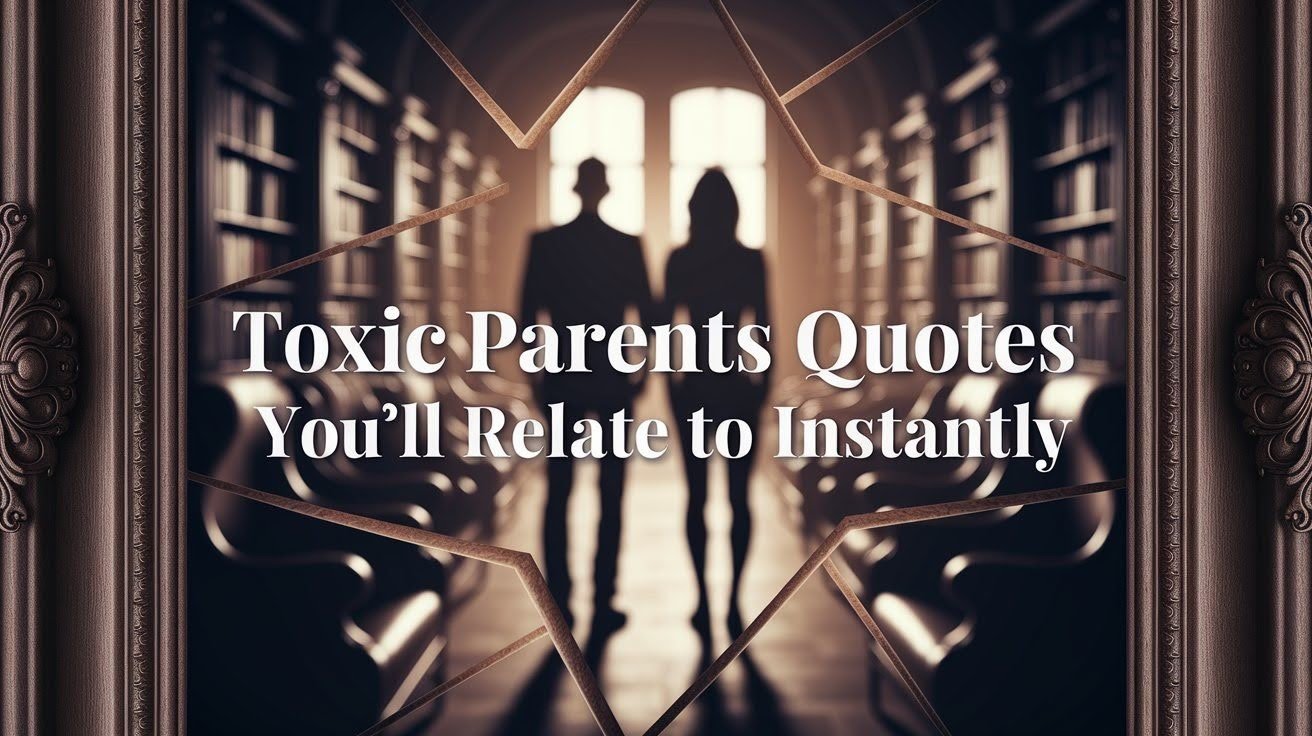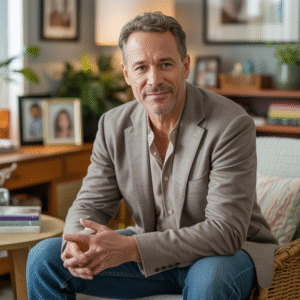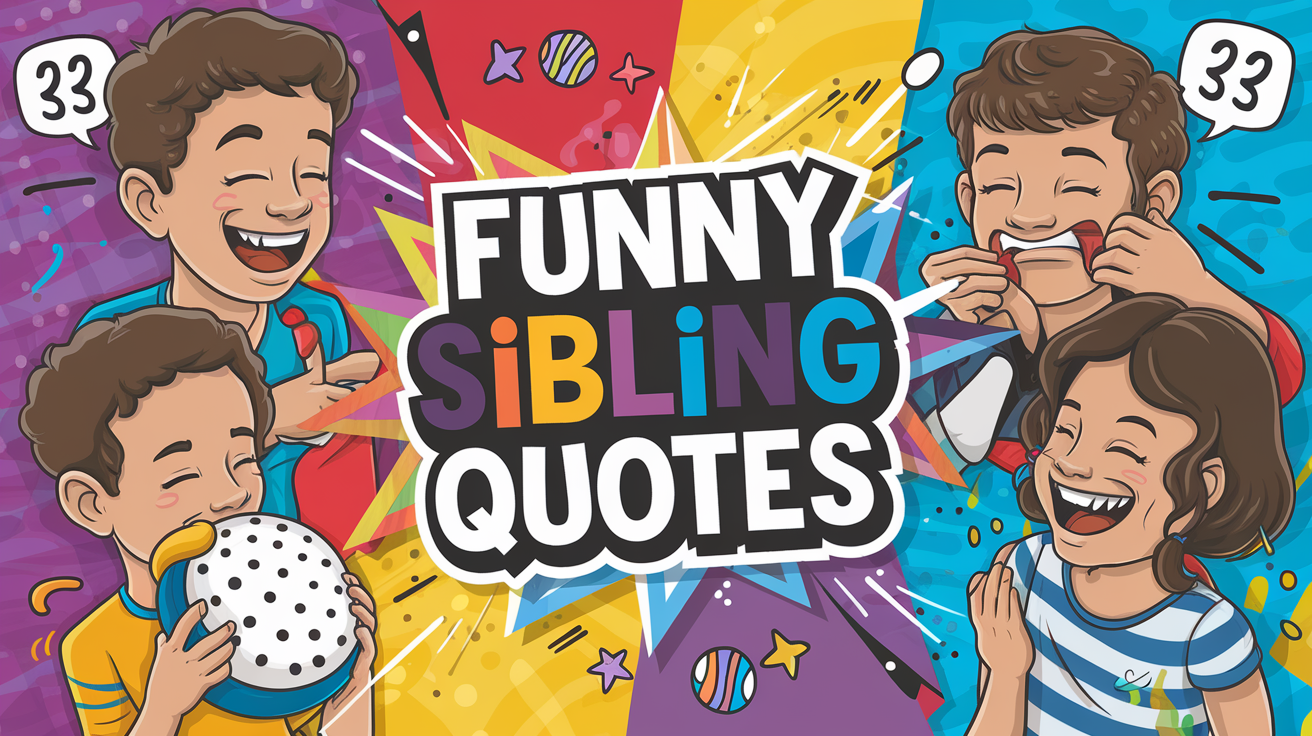When you are feeling alone, reading the right words can make you feel better. If you had difficulty with your parents while you were growing up, these quotes might be too relatable for you.
Various studies show a correlation between harmful parenting and damaged self-esteem in children. When parents prioritize their own needs over their child’s well-being, it creates wounds that can last for several years.
In this blog, there are many quotes about toxic parenting that thousands of people relate to instantly. Also, you will get real-life tips for healing and setting healthy boundaries with difficult family members who may still cause problems.
Your feelings matter, and your pain is real. The quotes in this blog are sourced from trusted experts and real-life experiences from people who have experienced similar situations. This will help you understand that what happened wasn’t your fault and that healing is actually possible.
Toxic Parents Quotes You’ll Relate to Instantly

These quotes capture the pain many people feel but struggle to put into words. Reading them might be hard, but they can help you understand your experiences better.
About Control and Fear
“Children who are not encouraged to do, to try, to find, to master, and to risk failure often feel helpless and inadequate. Over-controlled by anxious, fearful parents, these children often become anxious and fearful themselves.” – Susan Forward.
This quote shows how fear passes from parent to child. When parents control everything you do, they teach you to be afraid of making mistakes. You learn that trying new things is dangerous.
Children need space to fail and learn from their mistakes. Without this freedom, you grow up feeling like you can’t handle life on your own. The anxiety your parents felt becomes your anxiety too.
About Conditional Love
“Most adult children of toxic parents grow up feeling tremendous confusion about what love means and how it’s supposed to feel. Their parents did extremely unloving things to them in the name of love.” – Susan Forward.
When harmful actions are called love, children get confused about what real love looks like. You might think love means pain, control, or having to earn affection. This makes it hard to recognize healthy relationships later.
Real love feels safe and consistent. It doesn’t hurt you or make you walk on eggshells. If you’re confused about love, it’s not your fault. You were taught the wrong lessons.
About Perfectionism and Blame
“Perfectionist parents seem to operate under the illusion that if they can just get their children to be perfect, they will be a perfect family. They put the burden of stability on the child.” – Susan Forward.
When parents expect perfection, children become responsible for fixing family problems. You learn that if something goes wrong, it’s because you weren’t good enough. This creates impossible pressure.
No child should carry the weight of keeping their family together. Parents are supposed to create stability, not demand it from their kids. Perfectionist parenting teaches you that your worth depends on never making mistakes.
About Emotional Boundaries
“Unhealthy families promote fusion, a blurring of personal boundaries, a welding together of family members. They often suffocate one another’s individuality.” – Susan Forward.
In toxic families, you’re not allowed to be your own person. Your thoughts, feelings, and dreams must match what your parents want. Individual growth gets crushed in the name of family unity.
Healthy families encourage each person to develop their own identity. You should be able to have different opinions, interests, and goals from your parents. When boundaries don’t exist, nobody can grow properly.
About Manipulation and Control
“What makes a controlling parent so insidious is that the domination usually comes in the guise of concern. ‘This is for your own good’ means ‘I’m willing to make you miserable.'” – Susan Forward
Control disguises itself as care. When parents say, “I’m only doing this because I love you,” they’re often justifying harmful behavior. You learn to accept mistreatment because it’s called love.
Real concern respects your feelings and choices. Loving parents don’t make you miserable to get their way. If someone’s “help” makes you feel worse, it’s probably about their need for control.
About Self-Worth
“Children are not born to fix the wounds of their parents.”
Some parents expect their children to heal their emotional problems. You might have been treated like a therapist, caretaker, or emotional support system. This burden is too heavy for any child to carry.
Your job as a child was to grow and learn, not to fix broken adults. You deserved to focus on your own development instead of managing your parents’ feelings. It’s not your responsibility to heal their past trauma.
About Validation
“A child shouldn’t have to recover from their own parents.”
The people who should protect you shouldn’t be the ones you need protection from. Many adults spend years in therapy trying to heal from their childhood. This reality is both sad and common.
Parents should be sources of healing, not harm. When the people meant to love you cause trauma instead, it creates deep wounds. Recognizing this truth is painful but necessary for healing.
About Emotional Neglect
“Just remember, when you are ignoring your child, you are teaching them to live without you.”
Emotional neglect teaches children they don’t matter. When parents are consistently unavailable, children learn not to expect care or attention. You adapt by needing less and less.
Consistent attention and care matter for healthy development. Children who learn to live without their parents often struggle with relationships as adults. You might find it hard to ask for help or believe you deserve love.
About Breaking Cycles
“Instead of treating your child like how you were treated. Treat them with the same love and attention you wanted from your parents while growing up.” – Jonathan Anthony Burkett.
You have the power to parent differently than you were parented. Your pain can become wisdom that helps you create better relationships. Breaking cycles takes courage, but it’s possible.
Use your experience to do better, not to repeat the same patterns. The love and attention you craved as a child show you what healthy parenting looks like. You can give that gift to others or to yourself.
About Setting Boundaries
“They are not sorry for harming you. So, don’t feel guilty for cutting them off.” – John Mark Green.
Protecting yourself from toxic people isn’t selfish, even when they’re family. Some parents will never apologize or change their behavior. You don’t have to keep accepting harm out of obligation.
Boundaries are necessary for your mental health. You can’t heal while still being hurt. Sometimes distance is the only way to protect yourself and create space for growth.
About Recognition
“A toxic parent will make you feel like you’re the problem.”
Toxic parents are experts at shifting blame to their children. They make you question your reality and doubt your feelings. This gaslighting makes you think you’re the one causing problems.
Trust your instincts when something feels wrong. If you consistently feel bad around certain people, that’s important information. Your feelings are valid, even when others tell you they’re not.
About Forgiveness
“People can forgive toxic parents, but they should do it at the conclusion, not at the beginning, of their emotional housecleaning.” – Susan Forward
You don’t have to forgive before you’re ready. Many people pressure others to forgive quickly, but healing doesn’t work that way. You need time to process your anger and grief first.
Forgiveness is for you, not for them. It’s not about letting toxic people back into your life. You can forgive someone and still protect yourself from future harm. Take your time with this process.
About Hope and Healing
“You are learning to trust your own perception of reality. You will get that you don’t need their validation anymore. You are becoming self-defined.” – Susan Forward.
Healing means learning to trust yourself instead of seeking approval from others. You start to believe your own experiences and feelings. This self-trust is the foundation of recovery.
The goal is to become self-defined rather than parent-defined. You get to decide who you are and what you believe. Freedom from needing their validation opens up a whole new way of living.
Tips for Dealing with Toxic Parents
Trust your instincts with toxic parents, set boundaries without guilt, find support, consider therapy, practice self-care, and remember your worth isn’t based on their treatment of you.
- Trust your gut when something feels wrong in the relationship
- Look for patterns of behavior instead of focusing on single incidents
- Stop making excuses for behavior that hurt you as a child
- Find support from people who understand toxic family situations
- Learn to say no without feeling guilty about protecting yourself
- Limit contact if you need space to heal and grow
- Don’t share personal information that can be used against you
- Consider therapy to help process childhood trauma safely
- Practice self-care without feeling selfish about your needs
- Remember, your worth isn’t determined by how they treated you
Conclusion
These toxic parents quotes help put difficult experiences into words. Sometimes, reading the right phrase can make you feel understood and less alone in your struggles.
You now have 13 powerful quotes that validate your experiences, plus practical tips for protecting your mental health. Understanding these patterns is the first step toward healing and breaking harmful cycles.
Your feelings about your childhood are valid. Whether you choose therapy, boundaries, or other healing paths, remember that recovery takes time and patience with yourself.
If these quotes resonated with you, consider sharing this article with someone who might need it. Sometimes knowing others understand can be the beginning of real healing. You deserve relationships based on respect and genuine care.
Your past doesn’t define your future, and healing is always possible.
Frequently Asked Questions
What are toxic parents ‘ quotes, and why do people relate to them?
Toxic parents quotes are phrases that describe harmful parenting behaviors like control, manipulation, and emotional abuse. People relate to them because they put difficult childhood experiences into words, helping survivors feel understood and less alone in their struggles with family trauma.
How can toxic parents’ quotes help with healing?
These quotes provide validation for painful experiences and help people recognize unhealthy patterns from their childhood. Reading relatable quotes can be the first step toward understanding that the problems weren’t your fault and that healing is possible with proper support.
Are toxic parents’ quotes meant to encourage cutting off family?
No, these quotes are meant to help people understand their experiences and make informed decisions about relationships. Some people choose boundaries or limited contact, while others work on healing within the relationship. The goal is awareness, not automatic estrangement.
Who writes toxic parents quotes, and are they credible?
Many toxic parents quotes come from licensed therapists like Susan Forward, authors who study family dynamics, and survivors sharing their experiences. The most helpful quotes are backed by psychological research showing how harmful parenting affects children’s development and mental health.
Should I share toxic parents’ quotes with my family members?
Think carefully before sharing these quotes directly with toxic family members, as they may become defensive or escalate harmful behavior. Instead, share them with supportive friends, therapists, or support groups who can help you process your experiences safely.








